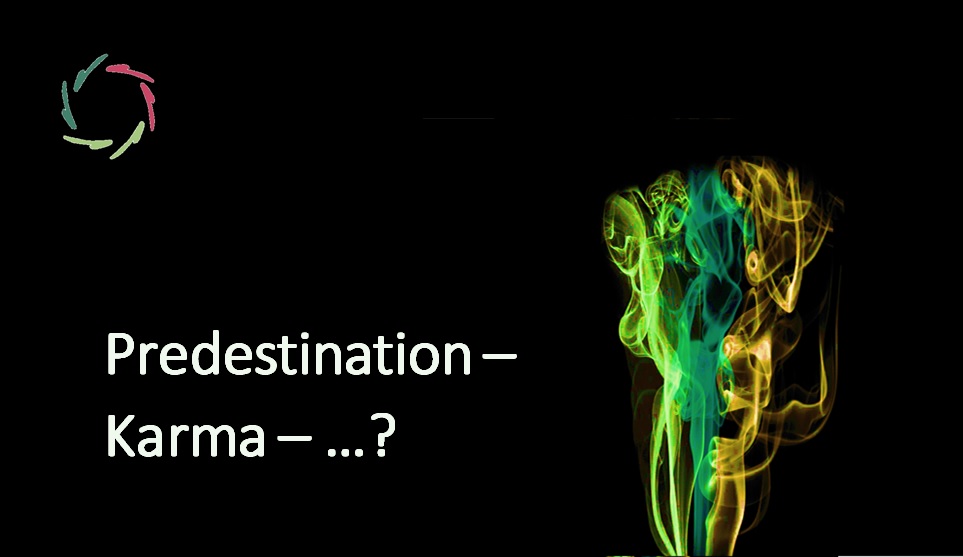Post-Truth

“Not the facts are important but what works. The higher human purpose is to escape literalism and reach the essence, shaping one’s own reality.”
No. I’ve not gone mad.
And I’ve not gone POMO, fancy acronym for post-modernism. To assure you, the under-title of this blog is as abhorrent to me as I hope it is to you, dear reader, even though ‘reaching the essence’ is what I like to pursue. This is the post-truth adage. I’m shocked to see that this is not shocking to everyone.
(This is not about embellishing one’s life by believing or showing off things that make it all somewhat more palatable. We are all prone to such. We’re all human. We’re not all post-truthers.)
Post-truth: the triumph of the misguided visceral over the rational
It’s also the manipulative use of the deceptively simple against the honestly complex.
Post-truth’s ‘truth’ becomes simply a matter of belief… there is no such thing as facts’ anymore. Nor is there any respect for the rational. Nor after all for the visceral. Post-truth is a culture of ego in which anything goes to the aggrandizement of ego. It’s lying + not caring that one is lying. Post-truth is plainly disrespectful, eventually not caring also for the one who is being lied to. Post-truth does not start with the lie but with the not-caring, deeply.
So to prevent post-truth, best is to start caring in many ways. For instance, the way you handle your health is important. “If it works, then why not?” is just not good enough. [see: ‘Morality in Healing’]
“Once there was truth”
has never been. It’s actually a post-truth kind of idea.
‘Post’ is not meant in time. Lying + not caring has always been present. In the highest regions of power, ethics has never been evident. No surprise that post-truth is to be found there also nowadays. New is the boasting about it, like a proof of power. Which may be close to its real function: power.
People feel disempowered in several ways
all related to Inner Strength (as in AUREL-IS, you know). Since this lies at a deeply symbolic level, it’s very active AND very un-concrete. Thus it can be filled in with anything. The specific concreteness doesn’t matter; the playfield is at a different level. Thus, this can also be abused in many ways, as it is, for power’s sake. Meanwhile, post-truth mostly doesn’t reach the essence, only a semblance.
A lesson from history: mythology
People like stories so much.
Mythology has always been very cohesive. Based on shared mythology, people could build culture. We owe culture to ‘mytho-truth’. This is one root of post-truth, albeit an innocent one, based on meaning more than on facts. Things happen like in a dream: whether it’s possible or impossible is less important than the meaning-level. Can people fly or return from the dead? Do angels exist? …
Founding legends bind people together, shape moral boundaries and propel them to a shared future. Without shared depth, people atomize into discrete entities.
Western enlightenment may have brought too much ‘rationality’
in place of (the meaningfulness of) mythology, thus pushing out meaning through facts and creating a lot of existential tension. Until the point that emotional needs trump strict adherence to truth.
Putting facts against meaning is not a good idea, mainly because people deeply need meaning. This way, people lose their basic trust in ‘factfulness’. This distrust may be played out by those who want to conserve… their own power: post-truth = keeping people away from truth by making them distrust truth itself as well as any fact-bringer.
Knowledge = power.
Dis-knowledge = dis-power.
Scientific work is particularly hard
and blurting out any unfounded opinion is readily done, unhindered by any care for truth. This gives to the purveyor of the latter a huge advantage, especially if he keeps changing his own truth and thus stays forever out of critical reach.
Let’s get beyond it
[See: ‘Beyond Post-Truth’]


